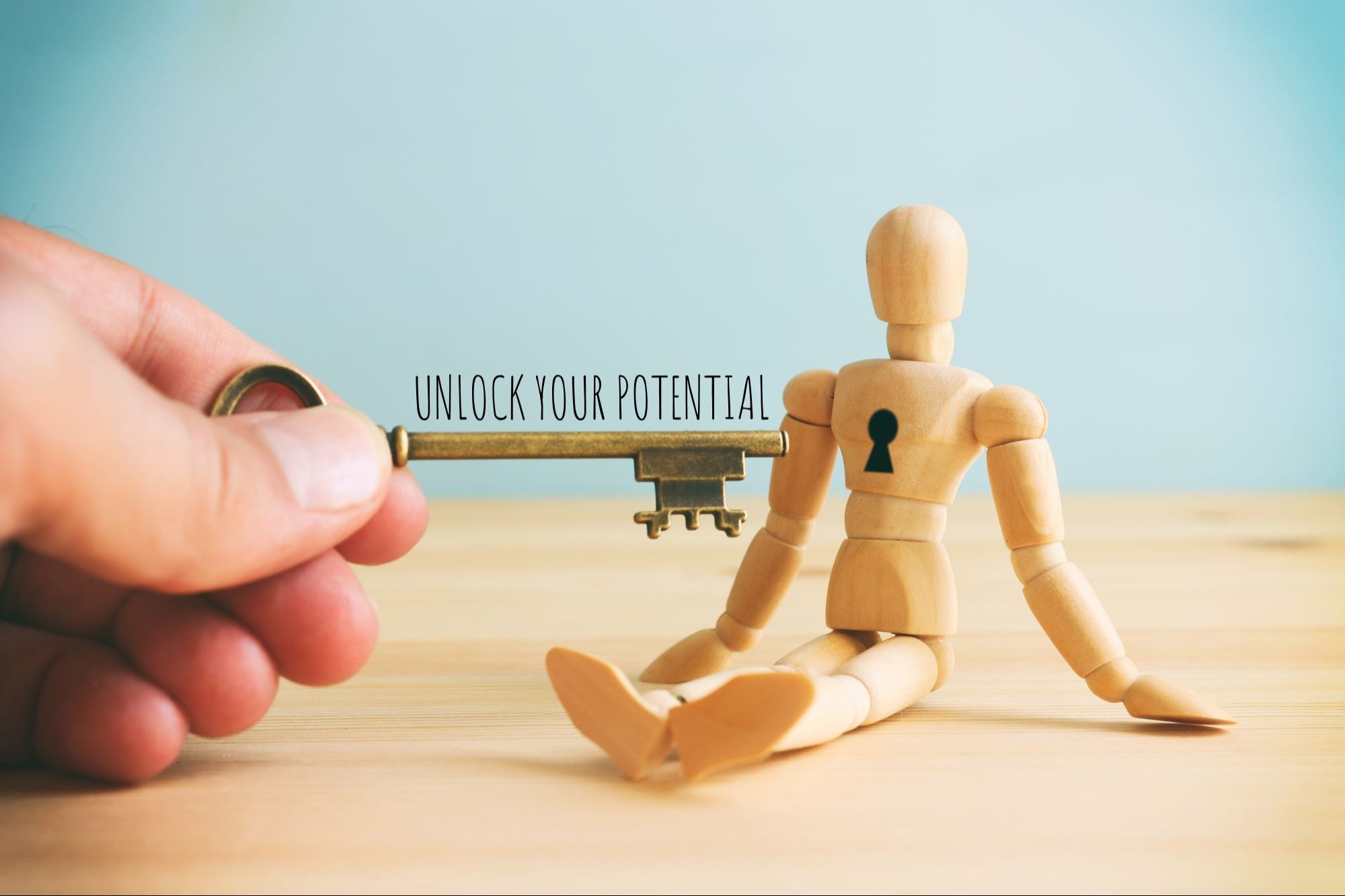The Accountability Gap Why founders must learn to lead before they scale
By Rebecca Sutherland Edited by Patricia Cullen
Opinions expressed by BIZ Experiences contributors are their own.
You're reading BIZ Experiences United Kingdom, an international franchise of BIZ Experiences Media.

Let's be honest. Most founders don't start out knowing how to lead, and many don't realise how much it matters until things start to go wrong. We start businesses because we've got a skill, a solution, or we see a gap in the market. That spark gets things moving. But building a company that actually grows, let alone scales well, takes something else entirely, and that something is leadership.
When the founder becomes the limiter
Early on, you're in every part of the business. You're making the sales, doing the invoices, tweaking the branding, fixing the tech. It's messy but energising. The problem is, a lot of founders never really leave that phase. They stay too central for too long. Eventually, they become the reason things can't move forward.
I see it all the time, capable, ambitious founders unknowingly acting as bottlenecks. They think they're just staying close to the work. But what's really happening is that they haven't figured out what kind of leader they are or should be. They're stuck in execution mode, chasing perfection, or holding on too tightly, often out of fear or habit, and it's stalling the business.
Self-awareness before scale
The biggest blind spot I see in founders isn't a lack of experience or knowledge. It's not knowing themselves. Not really. What are you brilliant at? What drains you? Where do you over-function? Where do you hide? If you don't have that level of clarity, how can you possibly lead other people effectively?
I've worked with dozens of founders, and it's often the same pattern. They think the next hire, or the next round, will fix the pressure. However, if you don't have a clear structure, defined roles, and genuine accountability in place, all growth will do is expose the cracks you've been ignoring. Scaling chaos doesn't solve anything; it merely creates bigger problems more quickly.
Culture starts with you
Let's be clear. Culture isn't about beanbags, ping-pong, or pizza Fridays. It's about how decisions get made, how people treat each other, and what behaviour gets rewarded or tolerated. And whether you realise it or not, that starts with you.
Your team watches everything, how you handle pressure, how you give feedback, how you make decisions, how you show up on the good days and the tough ones. You set the tone. So, if you're reactive, avoidant, or inconsistent, expect that to ripple through the team. Good culture doesn't happen by accident. It's built through clear expectations, honest conversations, and systems that allow people to thrive, not just survive.
Leadership is learned, not assumed
Founders are often told they're "natural leaders" just because they're passionate or confident. But real leadership isn't natural. It's intentional. It takes work. It's knowing when to step in, when to step back, and how to create an environment where people can perform without being micromanaged.
It also means being willing to look in the mirror and do the uncomfortable internal work. Because your limitations, your avoidance, your need for control, your inability to delegate, all of that shows up in your business, whether you like it or not. That's why I push for coaching and an external perspective from day one. Not because there's a problem, but because founders need to build self-awareness, leadership tools, and resilience before they hit the scaling phase. You don't train for a marathon once you've already started running.
Start with ownership
The first step is taking ownership of your role, your impact, and your blind spots. Ask yourself,
- Am I clear on the kind of leader I want to be?
- Have I created space for my team to step up?
- Do I give honest feedback, and receive it without defensiveness?
- Am I leading this business, or am I just running in it?
The second step is getting real about what needs to change. That might mean hiring differently, restructuring your time, or stepping out of day-to-day operations. It could mean building better systems or finally letting go of the things you're not great at. And yes, it can feel uncomfortable, especially if the business has been built in your image. But if you don't move, neither will it.
Founders don't need to have all the answers
One of the biggest myths in start-up land is that the founder must be the hero. Another is that you need to be the smartest person in the room or the one carrying the weight of it all. But in reality, leadership is about creating the right conditions for other people to succeed, and sometimes that means getting out of their way. The founders who do well long term aren't the ones who know everything. They're the ones who are coachable, who take feedback seriously, who build trust, and who are willing to evolve.
Don't wait for the chaos to force you
You don't need to wait until you burn out, lose a key hire, or hit a plateau to figure this stuff out. The smartest founders are the ones who get ahead of it, who lead themselves before they try to lead a growing team. Because you can't scale what you haven't properly led. You can't build a strong business without first becoming a strong leader, and that starts by being honest with yourself. Close the gap. Lead on purpose. Your business depends on it.












